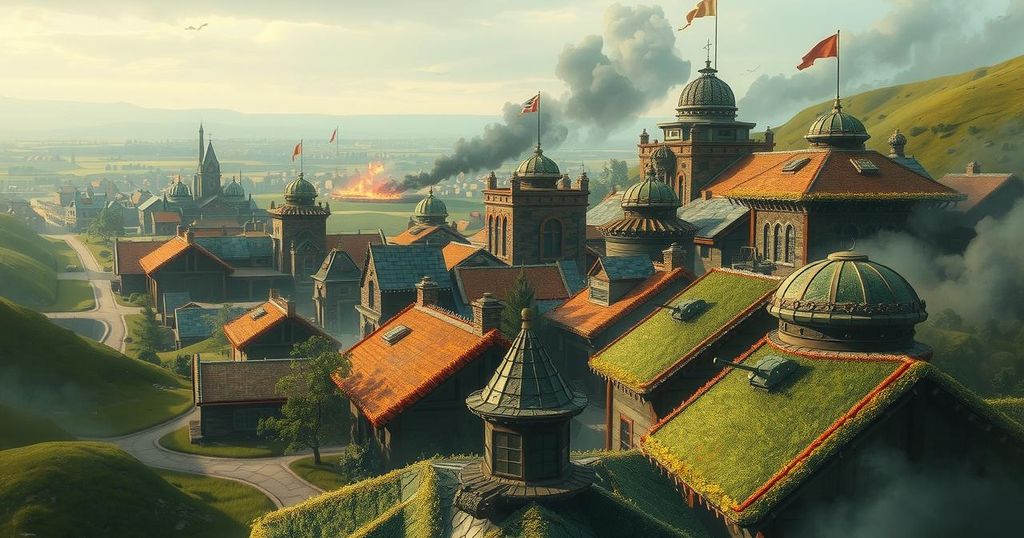Global news
AFC, AFRICA, ASIA, CIVIL WAR, CONGO (KINSHASA), CONGO RIVER ALLIANCE, CORN, CORNEILLE NANGAA, DISPLACEMENT, DOHA, FELIX TSHISEKEDI, HUMANITARIAN, HUMANITARIAN CRISIS, KIGALI, KINSHASA, KISANGANI, M23, NESTOR MAVUDISA, PAUL KAGAME, QATAR, REUTERS, RWANDA, SEXUAL VIOLENCE, UNITED NATIONS
Jamal Walker
0 Comments
M23 Rebels Capture Walikale, Reject Ceasefire Amid Ongoing Conflict
M23 rebels have captured the strategic town of Walikale in eastern Congo, dismissing ceasefire calls from Kinshasa and Kigali. The conflict, driven by historical tensions and mineral wealth, poses risks of escalating into a broader regional war. M23 leader Corneille Nangaa emphasizes the necessity for direct talks with Congo’s government to address their grievances and resolve the conflict.
The M23 rebels in eastern Congo have dismissed calls for a ceasefire from both Kinshasa and Kigali, as they continue their advance by capturing the strategically significant town of Walikale. This marks the rebels’ westernmost reach in a campaign that began in January, having already overtaken two of eastern Congo’s largest cities. Fighting between the rebels and the Congolese army ensued recently, leading to Walikale’s fall, a town with a population of 15,000.
The ongoing conflict stems from the aftermath of Rwanda’s 1994 genocide and disputes over mineral resources, representing the worst violence in eastern Congo since the 1998-2003 war, which resulted in millions of deaths. Experts suggest that the fighting, involving troops from Congo, Rwanda, and Burundi, is becoming a broader regional conflict.
Nestor Mavudisa, a spokesperson for the Congolese army, confirmed the situation, stating, “The enemy now controls Walikale.” The town is strategically located in a mineral-rich area and situated on a route that connects four provinces in eastern Congo, bringing the rebels significantly closer to Kisangani, the nation’s fourth-largest city.
In a recent meeting in Doha, Congolese President Felix Tshisekedi and Rwandan President Paul Kagame called for an immediate ceasefire, but the M23 leader, Corneille Nangaa, asserted that their forces are not operating under Rwandan command. “We are Congolese who are fighting for a cause,” Nangaa stated, emphasizing that the details of discussions from Doha must address their issues to be relevant.
Despite earlier expectations of direct negotiations in Angola, the M23 rebel group withdrew from these talks, attributing their withdrawal to European Union sanctions imposed on some of its leaders and Rwandan officials. Observers interpret this decision as a reflection of the rebels’ confidence following recent military successes. Nangaa insisted on the necessity of face-to-face dialogue to reach a resolution, demanding an end to the perceived persecution of Tutsis and advocating for better governance in Congo.
The M23 rebels’ refusal to accept ceasefire calls illustrates their determination and military advances in eastern Congo. The conflict, deeply rooted in historical grievances and resource competition, is evolving into a larger regional confrontation. As the M23 requires direct dialogue with the Congolese government to resolve the issues at hand, the situation remains precarious, highlighting the urgent need for a comprehensive and peaceful solution.
Original Source: dunyanews.tv




Post Comment